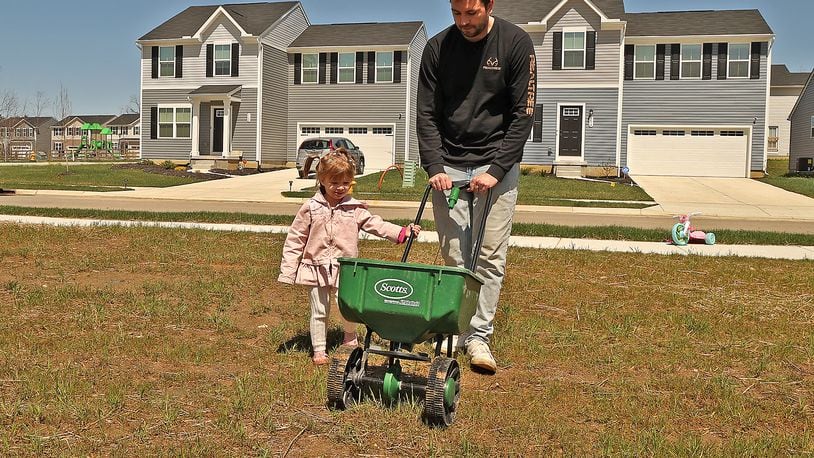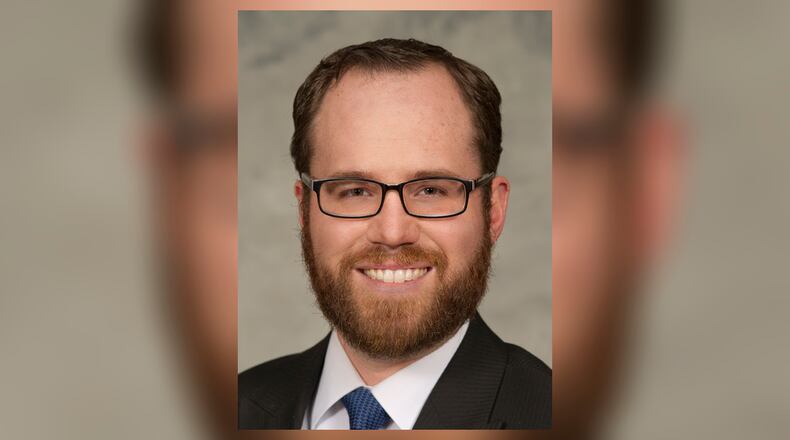The Anthony Wayne Apartments is a 50-unit building that has been relatively affordable for decades. The property was previously renovated using Federal Low-Income Housing Tax Credits (LIHTC) in the early 2000′s. Protections existed for tenants under the LIHTC program, and were supposed to continue until approximately 2030. However, the property went through foreclosure in 2014 and the protections were lost. Many of the tenants at the Anthony Wayne have lived in the building for years, some for decades, and a true community exists there. Extra food is left at the “free table” in the lobby for residents who are struggling. Community meals are shared in the common areas. Its is close to shopping, government offices and health care providers.
Hamilton is undergoing extensive redevelopment. It is no surprise that this historic building is attractive to investors, who recently inked a deal to redevelop the property into a “boutique hotel.” The City of Hamilton will issue a $3 million dollar forgivable loan to the developers, Vision AWH LLC. Simultaneously, the City is buying up entire swaths of single-family homes near Spooky Nook to clear the way for parking lots and utilities, and out-of-state investors are snatching up local properties to convert into short-term rentals, high-end apartments, or to simply flip the home quickly and turn a profit. Consequently, the private market of affordable housing is disappearing just at the time the residents of Anthony Wayne are being forced out.
Ideally, the residents of the Anthony Wayne should be able to continue to live in their homes. We should strive to be a society that does not prioritize profit over people. However, if this aim is not achievable, we have asked the City to be fair in its use of public funds. If a wealthy, out of town investor can access $3 million of tax dollars via a forgivable loan, it is only fair that some resources also be devoted to the residents in order to assist them in relocating. Further, given that the City’s policies are worsening the Anthony Wayne residents’ plight by limiting availability of affordable housing, the City should also affirmatively help them to locate safe, affordable and appropriate housing, and should make increasing affordable housing in our community an ongoing priority. The current and future owners should also provide generous assistance to the tenants during this transition. The status quo is unsustainable. We need focused and aggressive action from our leaders on all levels to address this crisis before it worsens further.
Jon Ford is a Senior Attorney with the Legal Aid Society of Southwest Ohio, where he has worked on rental housing cases and juvenile matters for over 10 years.
Housing affordability in the Miami Valley

As rents continue to climb across the region and many local residents find themselves working in occupations that on average do not pay enough for them to afford modest rental units, affordable housing is becoming an increasingly important issue for our communities and communities across the nation. New housing and commercial developments are planned across our region and each one sparks heated debate among residents who will live near them, the developers of these projects and civic leaders who must balance the needs of existing residents with growing the local economy and attracting newcomers.
» Springfield and the entire country needs more housing, fast
» We need to be smart, responsible with our growth
» Plan provides multi-year roadmap for neighborhood solutions
» Displaced Anthony Wayne residents asking for a fair shot
» New hotel in downtown Hamilton will make the city proud
» Cost of redevelopment should not include displacing residents
About the Author
